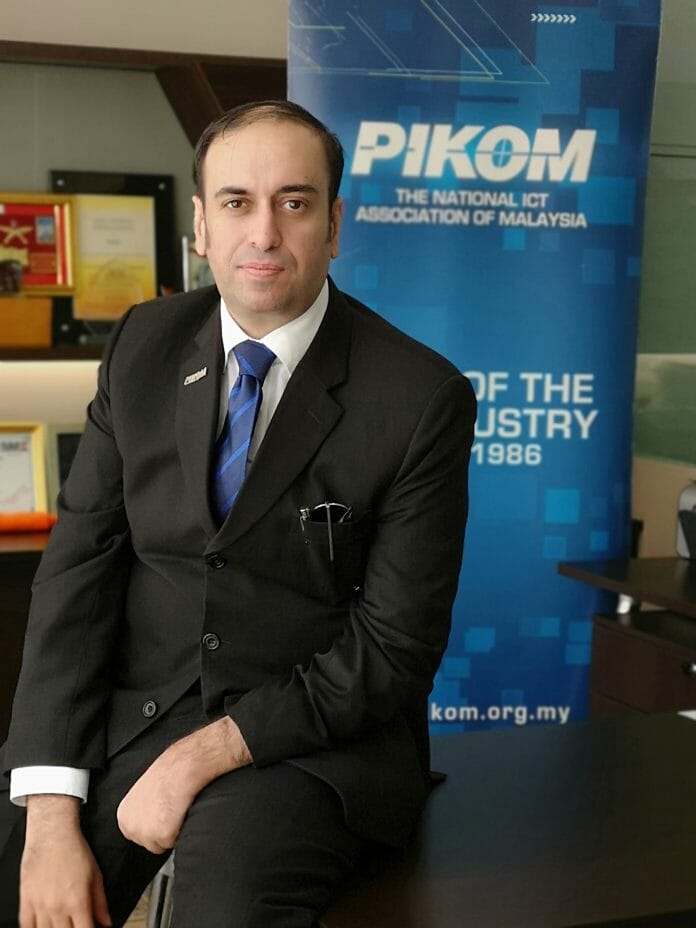PIKOM, the National ICT Association of Malaysia proposes a more holistic tech talent strategy, focusing on talent development and enhancement in digital industry adoption to cope with today’s ongoing disruptions and rapid-paced lifestyle and work culture.
PIKOM cautioned that although the ICT sector contributed 18% of Malaysia’s GDP in 2017, the National Policy on Industry 4.0 stated that Malaysia’s skilled labour declined by 1% since 2010, to 18% in 2017. From the 435 companies surveyed by Frost & Sullivan, nearly 66% of the companies face talent shortages. Frost & Sullivan’s Digital Report 2017 further reported that employment in the digital industry is projected to increase to 15.0% over the next three years, driven by business expansion coupled with a favorable economic outlook and competitions from global and regional countries, will make talent sourcing challenges more acute in the near future. According to Asian Digital Transformation Index 2018, a study released by The Economist Intelligence Unit, Malaysia is one of the 10 cities in Asia that is facing the most acute digital talent shortages.
PIKOM Chairman Ganesh Kumar Bangah states, “Technology today affects not just the ICT sector but also disrupts across all industries. It is imperative that on-going talent development and engagement programs are aligned to the current evolution of technology. This is where the government leads the agenda to be more innovative and competitive in adopting technology into the ecosystem; where current and future talents are the key drivers in ensuring such successes for the nation.”
PIKOM strongly advocates the Government to play a leading role in formulating a focused talent strategy, drive it aggressively and proactively implement it together with the industry and the academic institutions.
PIKOM proposes 4 key pillars of change for talent transformation initiatives: Re-skilling/up-skilling talents; organisational process restructuring; agile workspace and evolving people management culture.
“Our goal is to position Malaysia as the talent hub for the new emerging technologies. With the Government’s intervention, its engagement with key agencies like MDEC and HRDF, along with the involvement of industry associations and private sector, the future workforce will ultimately increase competitiveness for Malaysia,” stresses Ganesh.









